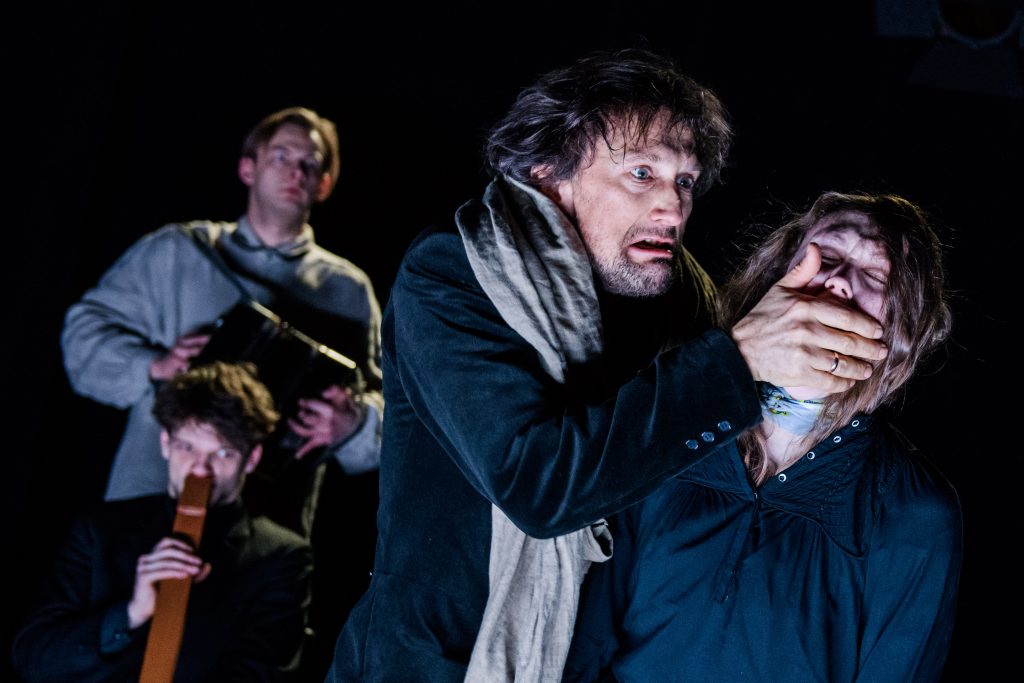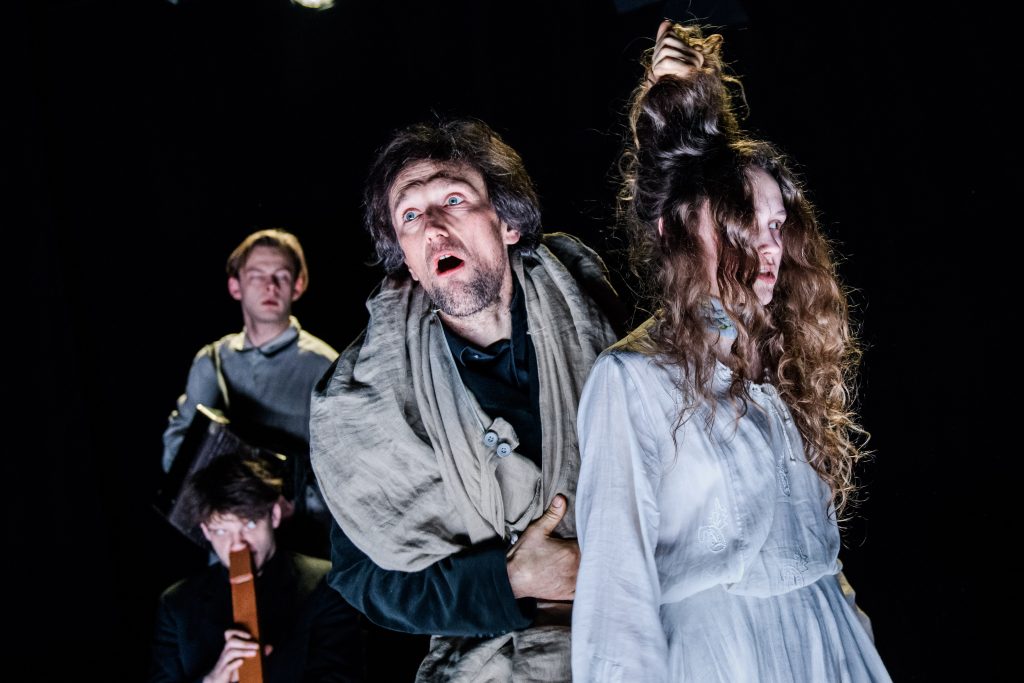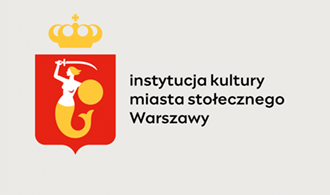From 18 to 24 October in Warsaw we will host artists who will present their works during the Baltic Transfer* Festival. If you want to learn more about the culture of the Baltic countries, we invite you to read an interview with the director of the performance “Brother of the Sleep”- Adomas Juška.
13.10.2021

What language is commonly spoken in your country?
Lithuanian. Most people over 40 can speak Russian, most people under 40 can speak English.
What best defines modern Lithuania in your opinion?
Positive – Lithuania is a very young country. Things are moving, shifting, changing, a lot of them for the better. Negative – Lithuania is a little bit like the short kid in class. He has many great qualities, but he keeps thinking only about how he is shorter than everyone else. I want to tell this kid to stop wearing high sole shoes and instead focus his energy on the original, individual qualities he possesses.

What dish best defines the traditional cuisine of your country?
Cold beetroot soup with hot potatoes. Cheap and delicious. This dish is associated with summer, with sunshine, with holidays.
What is the most recognizable artist who was born in your country?
The essential Lithuanian artist is Mikalojus Konstantinas Čiurlionis – a brilliant painter and musician, who is exceptional for managing to paint music. Look at his paintings “Fugue”, all of his “Sonata” series – it is music on the canvas.
More about director
Adomas Juška graduated from the faculty of drama directing at the Lithuanian Academy of Music and Theatre (promoter Eimuntas Nekrošius). During his third year at the Academy, Juška debuted with the play Švejk (2018, Jaunimo Teatras, Vilnius), a year later he presented his second work – Fiction (2019, Jaunimo Teatras, Vilnius). In the performances created by Juška, one can notice a deep
philosophical contact with the classics of world literature, they are characterized by mature director language – full of reflection, symbols and grotesque.
